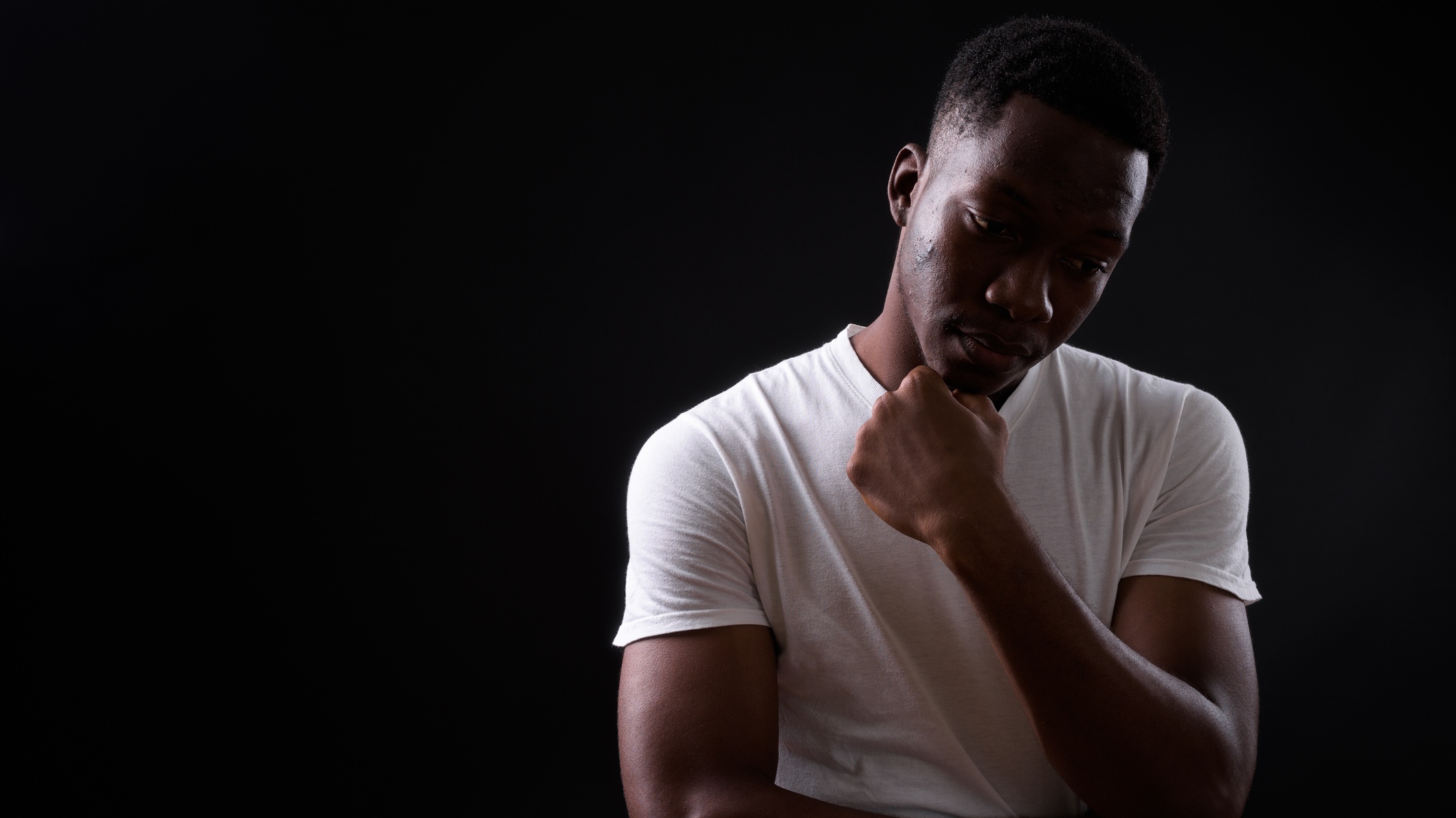If you’re interested in sharing your opinion on any cultural, political or personal topic, create an account here and check out our how-to post to learn more.
____
We’ve been celebrating Black History Month in the U.S. for nearly 100 years. Every February we celebrate the accomplishments of past movements for racial equality, but we’re also in the midst of our own moment where the fight for racial justice is front and center.
The 2020 racial justice protests were the largest in the nation’s history, and today, Black people are fighting for change in communities around our country. Our movement was spurred by police violence and we have a vision for addressing it. To properly acknowledge Black History Month is to support reforms that prevent any more needless death and suffering from happening to Black communities. This starts with redefining safety and justice in this country.
Honoring Black history means centering mental health professionals, substance abuse counselors and other public health professionals who are trained to mitigate the crises that belie this framework. These reforms are the only way towards a public safety system that will address the root causes of violence and harm, and keep our communities safe.
The U.S.’s one-size-fits-all, police-only safety model fails to keep our communities safe and exacerbates ongoing police violence, especially in Black communities. As Color Of Change community member Gilbert Johnson explained, “A healthy 911 response would look like health care professionals and other individuals addressing issues and problems that arise that don't require police response.” The fact is, we can’t expect the police to address every challenge and meet every need.
Residents of Minneapolis have recognized this truth and have taken action. That is why we launched “Safety Not Fear” to lift up community-based alternatives to public safety. And that’s why we were front and center in helping to get out the vote around ballot question two. Over 60,000 Minneapolitans voted to expand the public health resources that the city has connected to its 911 emergency dispatch.
As part of Safety Not Fear, our members led numerous organizing efforts to push for conversations to expand public safety in Minneapolis and invest in community-based alternatives. The National Black Men’s Committee joined Minneapolis organizers and led a conversation with Black men across the country, discussing how their community can expand on alternative responders and use other available resources to address public safety. The conversations highlighted community-centered alternatives to address public safety. Aaron Caver, a member of the National Black Men’s Committee, identified a few ways in which he would use $1 million to make his community safer. Caver listed, “Security, activities, free food and clothes” and illustrated that public safety is more than pouring resources/money into policing and prisons.
These are just a few of the steps we’ve taken this year to ensure Black communities in Minneapolis are safe — and our work is far from done. As cities like Minneapolis — including New York, Chicago and others nationwide — respond to upticks in community violence with even more policing in Black neighborhoods, the goals of Safety Not Fear have never been more relevant. This Black History Month, we must continue to center the voices of Black communities in conversations about public safety. This is how we will see community visions to invest in neighborhood solutions become a reality in Minneapolis and across the U.S.
We have the power to ensure the safety of our communities and redefine what public safety looks like.
We want to hear what public safety means to you — please fill out this survey and help us fight for safer communities. We won’t stop until all elected officials invest in community-based solutions to policing that expand our public safety options and ensure everyone can access the appropriate care when they need it.
____
Color Of Change is the nation’s largest online racial justice organization. We help people respond effectively to injustice in the world around us. As a national online force driven by millions of members, we move decision-makers in corporations and governments to create a more human and less hostile world for Black people in America. Visit ColorOfChange.org and follow on social media @ColorOfChange.
